Search
Remove Ads
Advertisement
Search Results
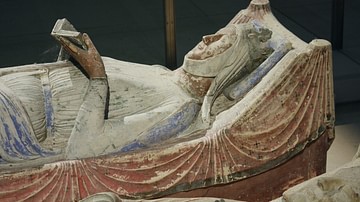
Definition
Eleanor of Aquitaine
Eleanor of Aquitaine (l. c. 1122-1204 CE) was one of the most impressive and powerful figures of the High Middle Ages (1000-1300 CE) – male or female – whose influence shaped the politics, art, medieval literature, and perception of women...
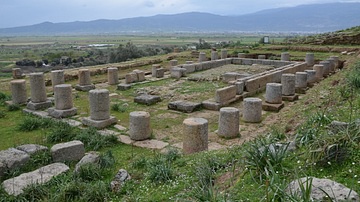
Definition
Antioch
Antioch or Antiochia was an ancient city located on the Orontes River near the Amanus Mountains in Syria. The “land of four cities” - Seleucia, Apamea, Laodicea, and Antiochia - was founded by Seleucus I Nicator (Victor) between 301 and 299...
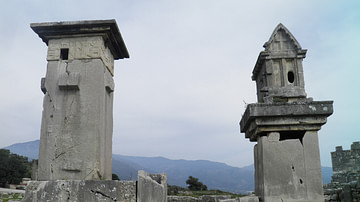
Definition
Lycia
Lycia is a mountainous region in south-west Anatolia (also known as Asia Minor, modern-day Turkey). The earliest references to Lycia can be traced through Hittite texts to sometime before 1200 BCE, where it is known as the Lukka Lands. The...
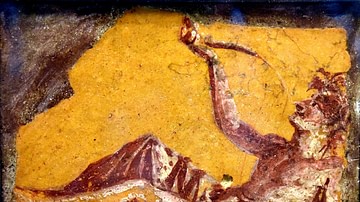
Article
Wine Culture in the Hellenistic Mediterranean
The culture of drinking wine was enjoyed throughout the Mediterranean world, and what is true now was true in antiquity, too: wine is always good business. The Hellenistic Period (c. 335-30 BCE), between Alexander the Great and Cleopatra...
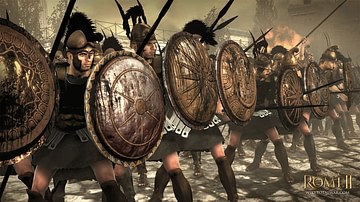
Article
The Battle of Gaugamela, 331 BCE
After securing the eastern Mediterranean seaboard and Egypt, Alexander the Great pushed east into Mesopotamia with the intention of bringing Darius to battle. After crossing the Euphrates River unopposed, he marched his army eastward along...

Article
Periplus of the Euxine Sea
The Periplus of the Euxine Sea (Circumnavigation of the Black Sea) is a description of trade routes along the shores of the Black Sea written by Arrian of Nicomedia (Lucius Flavius Arrianus), a historian and philosopher writing in the early...
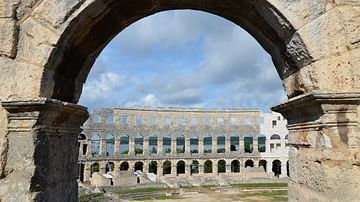
Article
Exploring Classical Pula, Croatia
Located at the southern tip of the Istrian peninsula, Croatia’s westernmost outcrop, Pula is a town of extraordinary beauty with a 3000-year history. This important Istrian port boasts a rich and varied cultural heritage and has some of the...
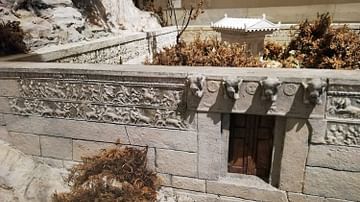
Article
The Heroon of Trysa: A Lycian Tomb Reappears
The Heroon of Trysa was the tomb of a powerful Lycian dynast surrounded by a precinct wall covered with remarkable mythological friezes. It was discovered in 1841 CE when a Polish-Prussian school teacher and classical philologist, Julius...